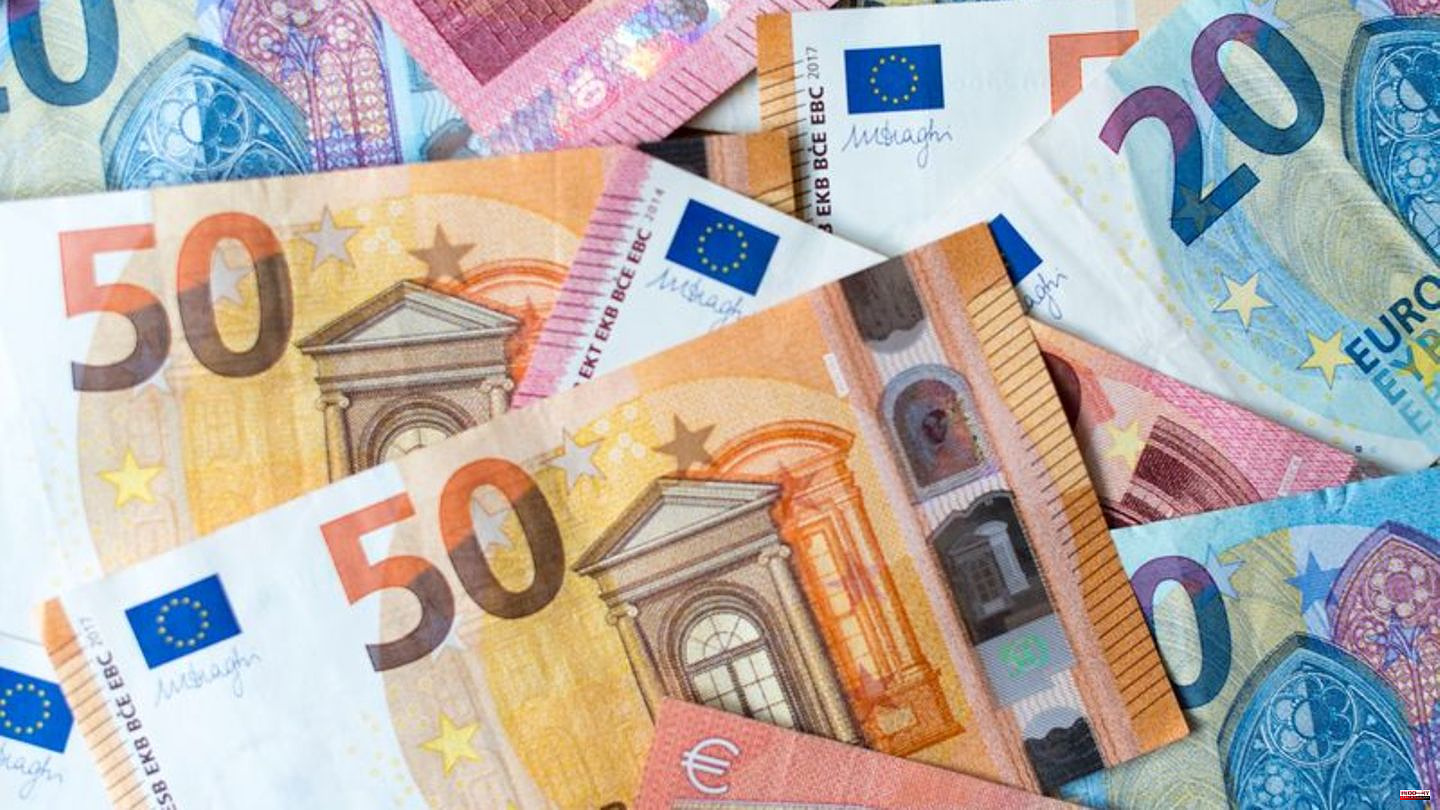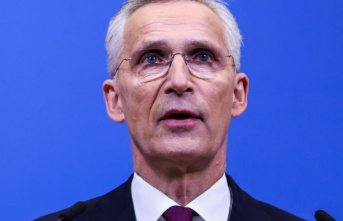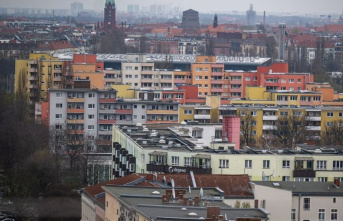The federal government wants to reduce tax burdens for 48 million citizens by cushioning the effects of high inflation on income taxes. On Wednesday, the cabinet approved plans by Finance Minister Christian Lindner (FDP) to compensate for the so-called cold progression.
The traffic light government is thus ensuring that the state does not also benefit from the high prices for tax purposes, said Lindner. "It's a question of fairness for us." It is not about relieving the burden on the citizens, but about preventing an automatic additional burden.
The problem of high inflation
Due to the Russian war in Ukraine, the inflation rate in Germany has risen significantly, mainly due to higher energy prices. In August, the inflation rate jumped to almost eight percent. Economists expect double-digit inflation rates in the coming months. Values at the current level have never existed in reunified Germany. In the old federal states one has to go back in the time series to the winter of 1973/1974 during the oil crisis to find similarly high figures.
Higher inflation rates reduce the purchasing power of consumers because they can afford less for one euro. At the same time, they lead to so-called cold progression, a "secret tax increase" according to Lindner: Because of the high inflation, the purchasing power of the citizens is falling, but their taxes remain high. This increases the relative tax burden. If an income of actually 43,000 euros only has a purchasing power of 39,000 euros due to inflation, the state should not levy as many taxes as if it were still 43,000 euros purchasing power, said Lindner.
"There must be no overtaxation of the population." If you want tax increases, you have to fight for them politically; they shouldn't just happen automatically.
Adjustments in the tax rate: basic allowance and benchmarks
In order to compensate for this, the federal government wants to turn the screws on the income tax rate. The basic allowance, i.e. the income up to which no tax has to be paid, is to increase – from the current 10,347 euros to 10,632 euros in the coming year and 10,932 euros in 2024. In addition, the top tax rate of 42 percent in the coming year should only increase with one taxable income of 61,971 euros, and then only at 63,514 euros in 2024.
The federal government is deliberately not touching the limit for the even higher tax rate for the wealthy of 45 percent because it does not believe that additional relief is necessary in this income bracket.
The problem of preliminary numbers
When calculating the new key figures, the Ministry of Finance used the spring forecast for inflation. Since then, however, prices have continued to skyrocket. Finance Minister Lindner therefore wants to adjust the figures now decided by the cabinet again before the end of the year - when the federal government's autumn forecast is available.
However, the FDP politician would prefer it if the basic tax values were automatically adjusted to inflation in the future. Other countries have done it this way, but Germany has not done so, said Lindner. From his point of view, an automatism would save very difficult political debates - because inflation compensation is not equally important to every coalition partner.
Who benefits from it and how much
A major point of criticism from the SPD and the Greens is that top earners benefit more from the reform in absolute terms than low earners. The more taxes you pay, the greater the effect. A double-earner family of four with two children and an annual income of 56,000 euros would have to pay 680 euros less in taxes, said Lindner. "If we hadn't done anything, this family from the middle of society would have been burdened with an additional 680 euros next year, on top of the rising energy prices and rising gas prices."
Child benefit should also increase
With the same law, the federal government also wants to raise child benefit and the child tax allowance. In the coming year, the first three children will receive a flat rate of EUR 237 per month, and EUR 250 for the fourth child and up.












